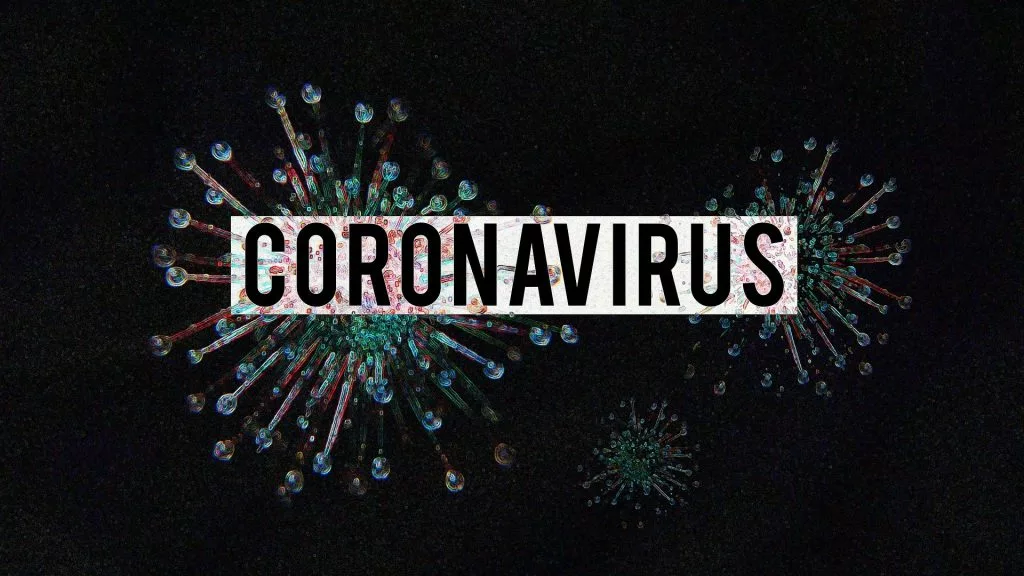
During the global COVID-19 pandemic, elderly populations are among the most vulnerable to the virus and its devastating effects. Nursing Homes are especially vulnerable, as elderly or immunocompromised residents are clustered together.
An analysis by the Chicago Tribune finds that federal nursing home inspection records show that Illinois’ nursing home facilities are among the worst in the nation for preventing patient infections. The Tribune found that one of the major factors leading to poor infection rates is a failure to follow rules to prevent and contain infections.
The Tribune analysis found that 642 out of 723 Illinois nursing homes, or 89%, have been cited for violating infection control regulations at least once since 2016. Moreover, the Tribune found 77 facilities in the Chicago area that had three or more citations since 2016. Nine of those had five or more citations and one had seven. This is especially troubling at the present time, as preventing the spread of COVID-19 requires nursing homes to strictly adhere to infection control measures.
The CDC released new regulations for how to prevent the spread of COVID-19 in long-term care and nursing facilities. These prevention measures include:
· Implementing symptom screening policies;
· Restricting visitors and nonessential personnel;
· Active screening of health care personnel, including documenting respiratory symptoms and temperature;
· Training staff on infection control;
· Restricting resident movement and group activities.
While many of these prevention measures, such as restricting visitors to nursing home residents, are not sustainable over the long term, nursing homes should be training all staff on infection control policies and enforcing policies and procedures to prevent the spread of infection.
Most Illinois long-term care facilities and nursing homes have been cited at least twice since 2016 for failing to:
There are two major reasons for this:
First, nursing homes are habitually understaffed. The lack of staff is by design in many nursing homes. Nursing home owners keep resident to staff ratios high, and staff numbers low, in an effort to boost profits. Putting profits over people in this regard can lead to serious injuries and death.
Second, nursing home staff are not properly trained on infection control measures, are unaware of the policies and procedures to prevent infection, and do not implement programs to prevent infection regularly, frequently, and consistently. Illinois Department of Public Health inspections show several instances of workers repeatedly failing to wash their hands as they moved between patients.
The Illinois Nursing Home Care Act protects nursing home residents and provides nursing home residents with a “bill of rights.” The Act specifically requires nursing homes to prevent the spread of infection and disease, and to provide a clean and home-like environment for residents. Clearly, Illinois long-term care facilities have a long way to go to provide residents of nursing homes the rights they are guaranteed by the Nursing Home Care Act, and a long way to go to provide for the safety of residents, especially during viral outbreaks like the current coronavirus pandemic.
If your loved one has acquired a serious infection, including COVID-19, due to improper infection control procedures or understaffing at his or her nursing home, our Naperville based law firm can help. Call the compassionate nursing home attorneys here at The Collins Law Firm for a FREE nursing home negligence consultation at (630) 527-1595.

"*" indicates required fields